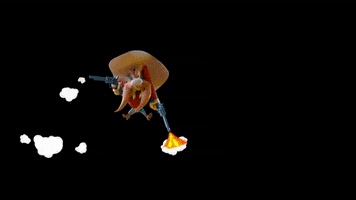In retrospect, the intense competitiveness for residency spots was a bubble. Even so called bottom tiered programs “priced” their spots very high. The top tier programs priced their spots astronomically. That bubble has burst. There are other bubbles in radiation oncology…
Yeah. Tough for anyone to be caught in a bubble of any sort. It means you have overestimated value somewhere and you are going to be taking losses.
When I think of the peak radonc bubble, I am OK with folks like me, who ended up in community jobs that they thought they were too good for, but have been paid fairly well and learned to live away from big cities.
It's the group of aspiring academics one tier down from the top 5-10 or so graduates per year that I wonder about. A group, that during peak radonc, could have called their academic trajectory in almost any other field, been given support and been expected to produce academically as opposed to clinically. I bet there was a good 10-12 year period there, where 30-50 graduating radonc residents per year had the academic bonifieds to make almost anyone in medicine blush, but were not looking forward to fruitful academic careers once they graduated.
Why has derm been different? Why hasn't there been a derm bubble?
I would say this. Derm always knew where their prestige came from. They knew it was about lifestyle and money, and they knew that to preserve these, controlling the supply/demand dynamic was critical.
While I'm sure derm aspirants had to put on a dog and pony show about about academic or community service aspirations, collectively everyone knew the
real narrative. Derm is a field that you work hard to get into, so that you don't have to work so hard once you are in. It is prestigious only because the folks in the residency program are AOA/260+ types.
Radonc got carried away. Most importantly, leadership during peak radonc got carried away. They forgot the
real narrative...that by and large, we radiate the medical oncologist's or surgeon's patients and don't take much call and radiation pays. They imagined that great and generalizable oncology knowledge would emerge from a very limited specialty, if they just acquired enough remarkable young talent. Many in leadership imagined themselves as great. A few were able to ingratiate themselves to the larger medical community and sail away. (Hahn, Deweese, etc)

